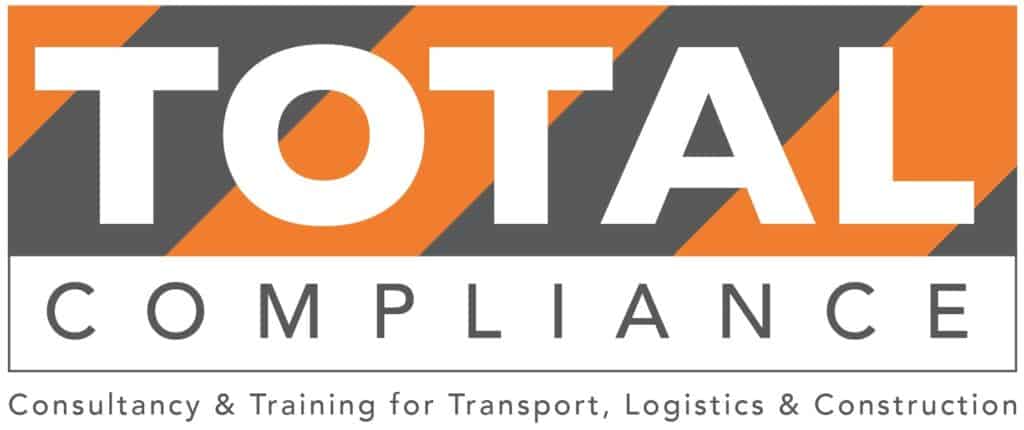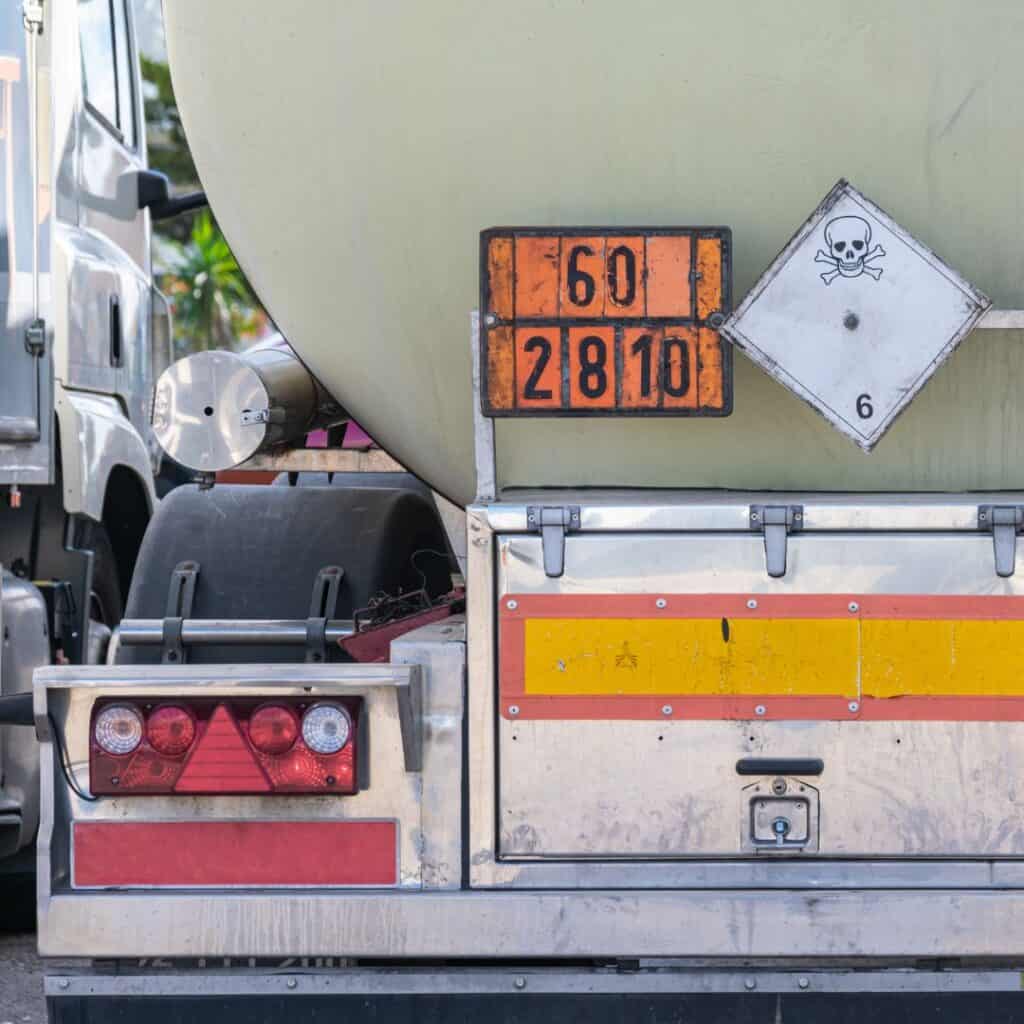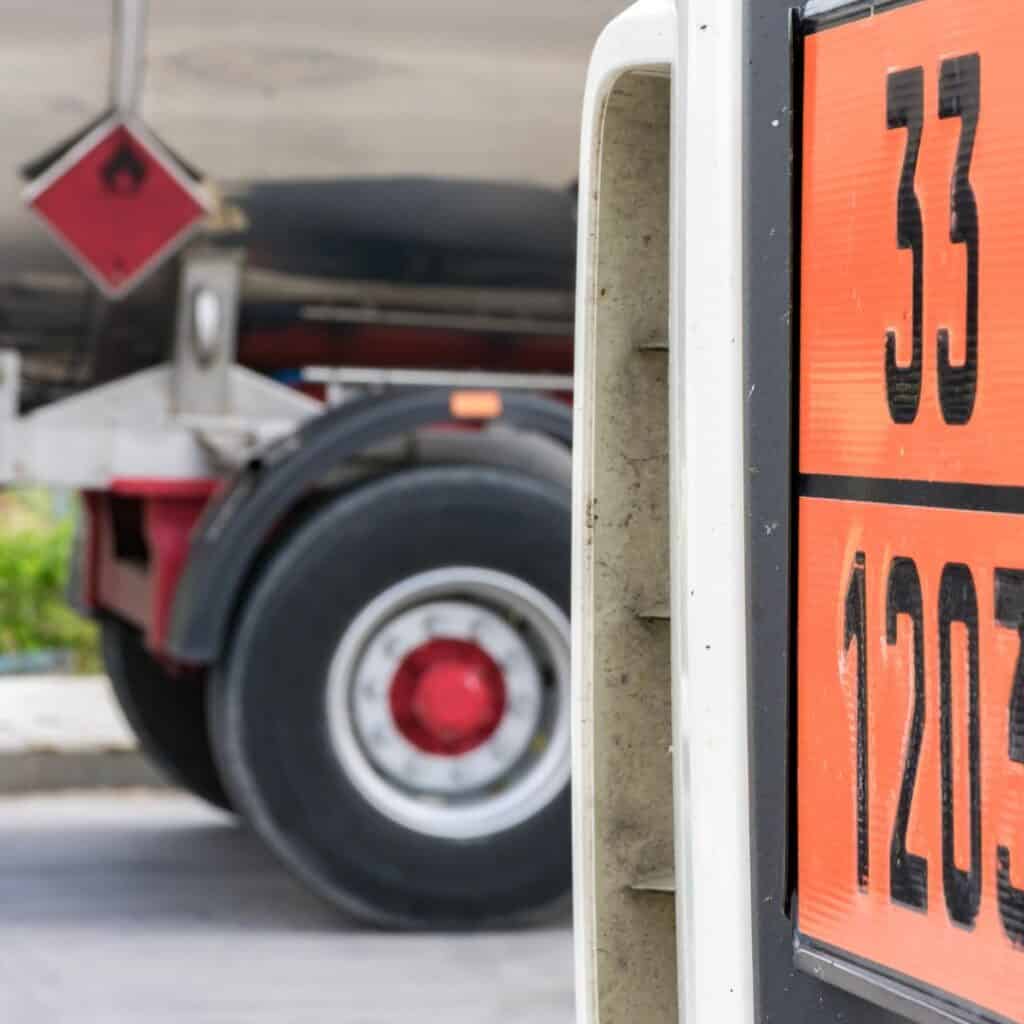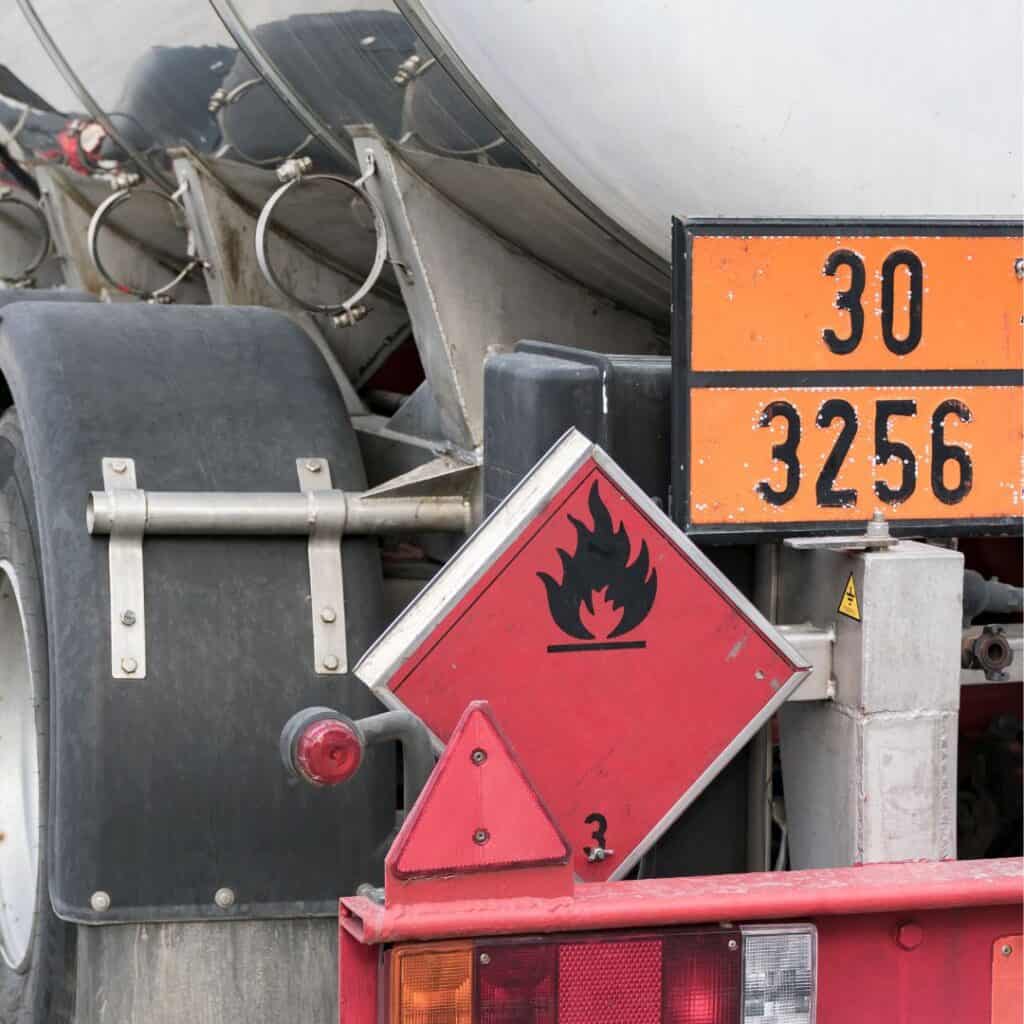DGSA
What to Expect When Becoming a DGSA?
Becoming a qualified Dangerous Goods Safety Advisor (DGSA) is a great career choice for those interested in taking responsibility for the safe handling and transport of hazardous substances. The job involves evaluating the risks associated with storing, packaging, transporting, and using various dangerous materials, as well as providing safety advice and guidance to employees. How…
Read MoreWhat Should I Consider When Hiring a DGSA?
As of 31 December 2022, any company that handles dangerous goods must appoint a DGSA, including anyone who consigns, transports, picks, packs, organises, fills, loads or unloads dangerous goods on a regular basis, by road, rail or inland waterway. If your business is included in the above list, you’ll need to start looking for a…
Read MoreWhat is a Dangerous Goods Safety Adviser and What Are Their Responsibilities?
A Dangerous Goods Safety Advisor (DGSA) is an essential role for companies involved in the transportation of hazardous materials. The DGSA ensures that companies comply with regulations for the safe transportation of dangerous goods by providing advice and guidance to their employers. In this article, we will discuss what a DGSA is and their responsibilities.…
Read MoreA Week in the Life of a Transport Consultant for Total Compliance
Monday Early start today, with renewed inspiration to get back in the gym, I left London at 4.30am and headed to The Gym at Bedford, close to today’s site visit. After a workout and shower, I made the 15-minute drive to today’s customer. Merit Garden Products. This operator has a restricted operators licence and only…
Read MoreDo I need a DGSA?
As of 31 December 2022, every business that regularly consigns, transports, picks, packs, organises, fills, loads, or unloads dangerous goods by road, rail or inland waterway must appoint a dangerous goods safety advisor (DGSA). Consignor-only companies involved in the transportation of dangerous goods must also appoint a DGSA. These rules are set out in the…
Read MoreThe Purpose of a DGSA
It has been a requirement of any business that regularly consigns, transports, picks, packs, organises, fills, loads, or unloads dangerous goods by road, rail or inland waterway (including consignors/handlers) to appoint a Dangerous Goods Safety Advisor (DGSA) since the Agreement Concerning the International Carriage of Dangerous Goods by Road (ADR) Regulations (‘ADR Regulations’) was updated…
Read MoreSummary of the ‘Training’ Fortnightly Focus
Following the 2 weeks we always like to do a summary of the topics covered in case you missed anything and want to go back to review it or get in touch as we could help. So what have we covered? Planning Training E-learning Training General Driver CPC Training inc. Bespoke Training Training for Certifications…
Read MoreDangerous Goods Awareness Training
Dangerous goods awareness training is a course designed to educate workers on the potential risks associated with working with hazardous materials and the safety protocols to be followed when handling such materials. It is typically required for workers who handle, package, transport, or store potentially hazardous materials in the workplace, such as those in the…
Read MoreADR Training
ADR (Accord de Reconnaissance Mutuelle) training is a form of driver training that is required by EU law for professional drivers carrying dangerous goods. ADR training covers the safe transport of hazardous materials and is designed to ensure that the driver is aware of the risks associated with the cargo and how to handle it…
Read MoreDecember Changes to Dangerous Goods Carriage – Are you ready?
Every 2 years we get new ADR Regulations. The purpose of updating the regulations is to consolidate technical changes and recommendations from all Nations who participate in the ADR Agreement. This ensures that the regulations keep up with the times as there are constant changes to product types, and hazards and risks that need to be taken…
Read More



